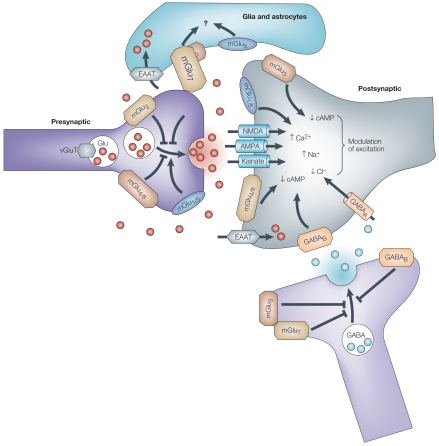Ketamine infusion therapy is a novel and promising treatment for depression, especially for individuals who have not responded well to traditional antidepressant medications. It involves the administration of a controlled and monitored infusion of ketamine, a dissociative anesthetic and NMDA receptor antagonist, to alleviate depressive symptoms.
Here’s some information about ketamine infusion therapy for maintaining chronic depression:
1. Ketamine’s Mechanism of Action:
Ketamine’s antidepressant effects are thought to result from its impact on the glutamatergic system, specifically the NMDA receptors. It leads to an increase in the release of neurotransmitters like glutamate, which can help in the formation of new synaptic connections and the growth of neurons. These effects are believed to play a role in its rapid antidepressant action.

2. Ketamine’s Rapid Onset:
One of the most remarkable features of ketamine infusion therapy is its rapid onset of action. Ketamine works on depression quickly so patients feel an impact after their first infusion. Traditional antidepressants can take weeks to start showing effects, but ketamine produces noticeable improvements in mood within hours to days after the first infusion.
3. Ketamine Treatment Schedule:
Ketamine infusion therapy typically involves a series of infusions over a few weeks. The exact protocol can vary, but it might include several sessions spaced out, such as twice weekly infusions for a few weeks. After the initial series, some individuals might require occasional booster infusions to maintain the therapeutic effects.
4. Ketamine Maintenance Therapy:
After the initial series of infusions, maintenance therapy is sometimes recommended to sustain the positive effects of ketamine. This could involve less frequent booster infusions, often scheduled monthly or as needed based on individual response. The goal of maintenance therapy is to prevent relapse and help individuals maintain a stable mood.
5. Integration with Other Depression Treatments:
At Emerge Ketamine, IV infusion therapy is not typically used as a standalone treatment. It’s often integrated into a comprehensive treatment plan that may include psychotherapy, lifestyle changes, and other medications. Regular communication with a mental health professional is essential to monitor progress and adjust the treatment plan as needed.
If you or someone you know is considering ketamine infusion therapy for depression, it’s crucial to consult with one of our qualified mental health professionals who can provide personalized guidance and recommendations based on the latest research and clinical expertise. Please reach out! We would love to meet you.

